Copyright Alex Benay, 2018
All rights reserved. No part of this publication may be reproduced, stored in a retrieval system, or transmitted in any form or by any means, electronic, mechanical, photocopying, recording, or otherwise (except for brief passages for purpose of review) without the prior permission of Dundurn Press. Permission to photocopy should be requested from Access Copyright.
Cover design: Laura Boyle
Printer: Webcom
Library and Archives Canada Cataloguing in Publication
Benay, Alex, author
Government digital : the quest to regain public trust
/ Alex Benay.
Includes bibliographical references.
Issued in print and electronic formats.
ISBN 978-1-4597-4206-2 (softcover).--ISBN 978-1-4597-4207-9
(PDF).--ISBN 978-1-4597-4208-6 (EPUB)
1. Internet in public administration. I. Title.
| JF1525.A8B46 2018 | 352.3802854678 | C2018-903175-1 |
| C2018-903176-X |
1 2 3 4 5 22 21 20 19 18
We acknowledge the support of the Canada Council for the Arts, which last year invested $153 million to bring the arts to Canadians throughout the country, and the Ontario Arts Council for our publishing program. We also acknowledge the financial support of the Government of Ontario, through the Ontario Book Publishing Tax Credit and the Ontario Media Development Corporation, and the Government of Canada.
Nous remercions le Conseil des arts du Canada de son soutien. Lan dernier, le Conseil a investi 153 millions de dollars pour mettre de lart dans la vie des Canadiennes et des Canadiens de tout le pays.
Care has been taken to trace the ownership of copyright material used in this book. The author and the publisher welcome any information enabling them to rectify any references or credits in subsequent editions.
J. Kirk Howard, President
The publisher is not responsible for websites or their content unless they are owned by the publisher.
Printed and bound in Canada.
VISIT US AT
 dundurn.com
dundurn.com
 @dundurnpress
@dundurnpress
 dundurnpress
dundurnpress
 dundurnpress
dundurnpress
Dundurn
3 Church Street, Suite 500
Toronto, Ontario, Canada
M5E 1M2
CONTENTS
by Alex Benay
by Mary Francoli
2. Shift Happens: Governments and the Fourth
Industrial Revolution
by Iain Klugman
3. Fifth-Generation Wireless: The Backbone
Behind Smart Cities and Smart Government
by Ray Sharma and Amir Bashir
by John Baker
by Hillary Hartley
by Jennifer Urbanski
by Olivia Neal
by Siim Sikkut
9. Government as a Platform: How Governments
Can Lead in a Digital World
by Alex Benay
by Salim Ismail
by Alex Benay
INTRODUCTION
THE VERY CONCEPT of government as we know it is under tremendous pressure due to the arrival of exponential technologies such as autonomous vehicles, augmented and virtual reality (AR and VR), digital biology, artificial intelligence (AI), robotics, and biotechnology, to name only a few, in almost every sector. As a result, the value that public services deliver is being challenged in ways never seen before and at a relentless pace that governments often fail to grasp.
Of course, governments have been under siege for quite some time. In fact, the level of public trust has been decreasing for decades, globalization has forced countries to look at policies at both the micro and macro levels in novel ways, and climate change has steadily shifted the focus of economies. While threats to governments are certainly not new, there is a new kid on the block where government threats are concerned. The digitization of the planet is shifting industries, human behaviour, and overall life patterns in new ways we have yet to fully experience. Many experts agree that we are entering a fourth industrial age in which the pace of change is exponential open, digital, and global rather than linear closed, analogue, and local. Almost overnight new digital behaviours and exponential technologies are completely transforming entire industries anchored in centuries of tradition.
Banks, for example, are implementing AI in ways that will render entire professions obsolete. JPMorgan recently implemented a new software called Contract Intelligence (COIN) that conducted 360,000 hours of annual legal work in mere seconds. Digital has touched retail, media, accommodations, transportation, and a myriad of other areas in our lives. Yet governments have been slow, and in some cases, totally absent in adopting new digital practices.
This government inaction poses incredible risks, since public institutions are often called upon to regulate the very industries heading toward new digital horizons at a pace governments simply cant keep up with. A good case is driverless cars. Government operations in many countries still rely on taxi chits that public officials manually fill out to move from meeting to meeting. How can governments possibly be expected to understand and regulate industries in which digital is at the core if they cant even apply basic technology in their own internal operations? There is a need for a fundamental rebuild of public service if governments are to grapple efficiently with the digital world.
The danger is quite real and by no means an exaggeration. What happens to regulators when most banks do what JPMorgan has done and introduce AI across all their operations? The two sides wont be able to have a real dialogue because the digital divide will be too great. What will happen to revenue collection agencies around the world once more and more private corporations and citizens adopt cryptocurrencies? The role of government as a regulator, even more important, as a trusted source of authority, is in many ways already broken, and digitization will only exacerbate this complex challenge.
This new digital reality hits every single area of government operations like a sledgehammer. Even in policy development, often seen as a core offering of most democracies in the world, digital realities are making existing practices outdated. For example, public services typically conduct policy development through some form of formal consultation. Historically, consultations occur during a specific period of time there is a beginning and an end to the consultation period then a policy is written and implemented. In a world driven by instant social interaction on numerous social media platforms, dialogue in the form of government consultation can often be seen as a tokenistic approach for engagement with citizens. How does the public service change its model to better react to events such as the Arab Spring, which was mostly coordinated using social media? How do governments adjust to this new reality in which citizens expect instant engagement with their public institutions because they get an instant response in every other facet of their lives? The policy development mechanism isnt digital, nor is it reflective of new emerging global values demanded by an increasing number of digital citizens.

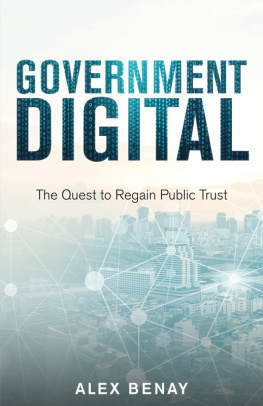
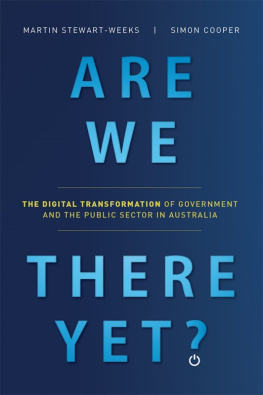
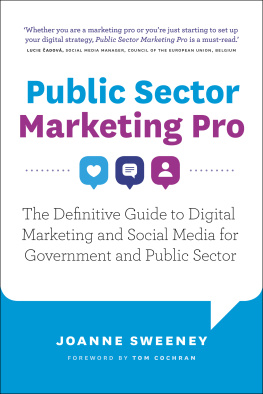

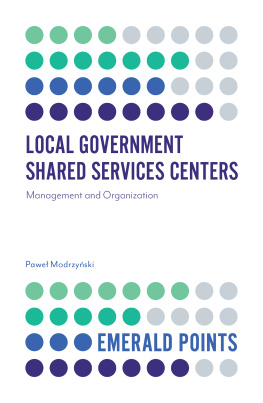
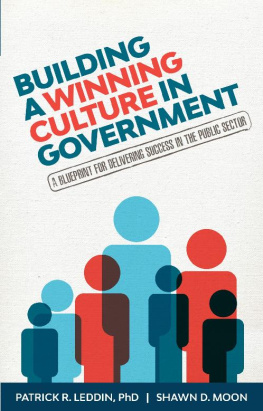
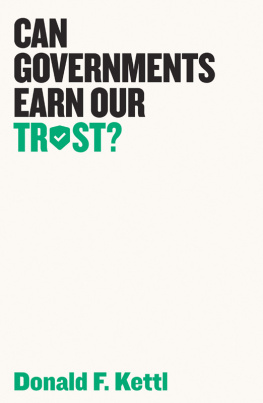
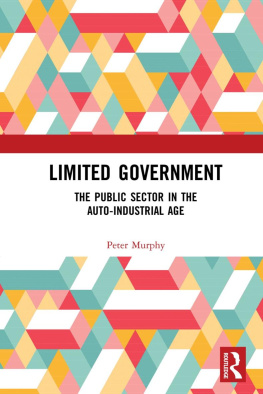
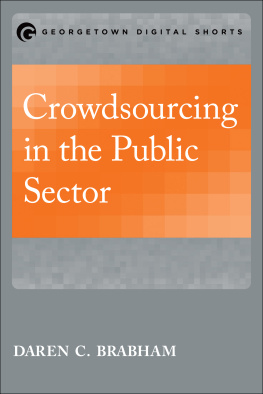



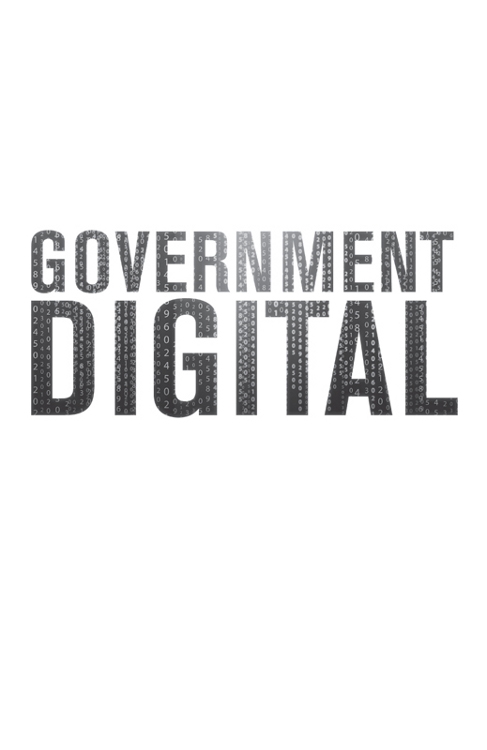


 dundurn.com
dundurn.com @dundurnpress
@dundurnpress dundurnpress
dundurnpress dundurnpress
dundurnpress